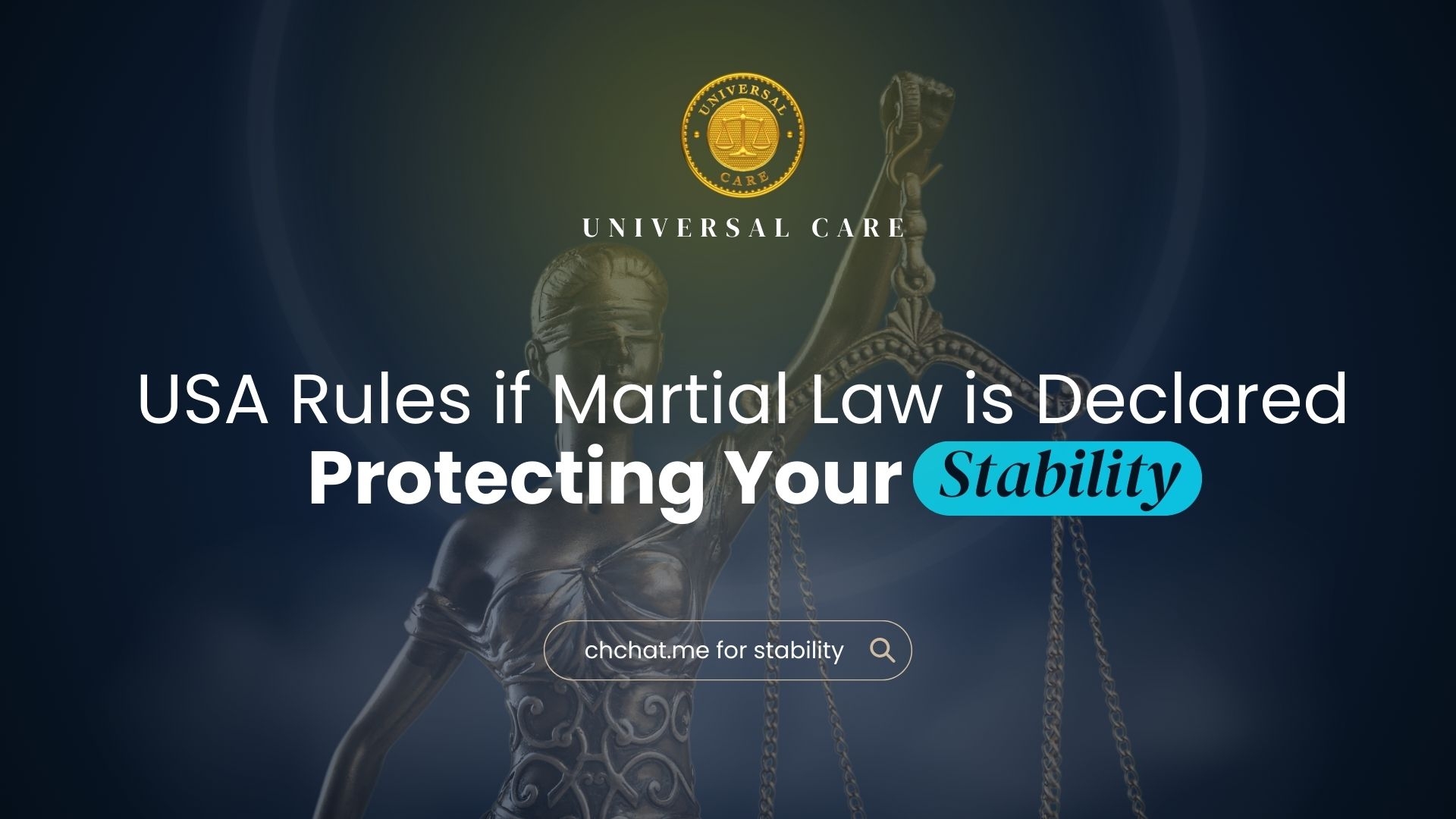USA Rules for Martial Law if Declared
Сообщение 2025-04-09 13:40:05
0
10Кб

In the US, if martial law is declared, civilian authorities are temporarily replaced by military authority, suspending normal laws and the justice system, with military tribunals taking over.
-
Related Links:Here's a more detailed breakdown:
-
Temporary Substitution of Military Authority:Martial law involves the temporary replacement of civilian rule by military authority, meaning the military takes control of law enforcement and governance.
Suspension of Civil Authority and Laws:
Normal laws, civil authority, and the ordinary administration of justice are suspended, and the military commander gains virtually unlimited authority to govern an area. -
-
Military Tribunals:Instead of civilian courts, military tribunals handle legal matters, and military laws take precedence.
-
Impact on Civil Liberties:Civil liberties, such as freedom of speech, movement, and the right to a fair trial, can be restricted or suspended during martial law.
-
Habeas Corpus:The writ of habeas corpus, which prevents unlawful detention, may also be suspended, allowing military personnel to detain individuals indefinitely.
-
Who Can Declare Martial Law:In the United States, the President or a State governor can declare martial law, though a formal proclamation is not always necessary.
-
Constitutional Limitations:Even under martial law, the federal government is bound by the Constitution, and martial law declarations are subject to judicial review.
-
Situations Where Martial Law Might Be Declared:Martial law is typically declared in situations of extreme emergency, such as war or invasion, domestic war or insurrection, riot or civil unrest, or natural disaster.
-
Insurrection Act:The Insurrection Act gives the president the power to call on the military during an emergency to curb unrest or rebellion.


Поиск
Категории
- Chchat Dictonary
- World Trust Media
- Universal Care
- Entertainment
- Активировано
- Non Profit
- Образование
- Music
- Services
- Другое
- Off Grid
- Religion
- Retail
- Sports
- DIY Projects
- Sustainability
- Video Conference
- Travel
- Healthcare
- Бесплатная
Больше
Economics of Oneness
My Dear Friends,
Now is a time of rearrangement, in many areas of your lives.....not the least...
Angel Numbers
ANGEL NUMBERS
ANGEL NUMBERS - Meanings and Messages
INDIVIDUAL...
The Universe Shell of Life Reflections
This particular spiral is not just idle curiosity or merely an interesting pattern – it...

